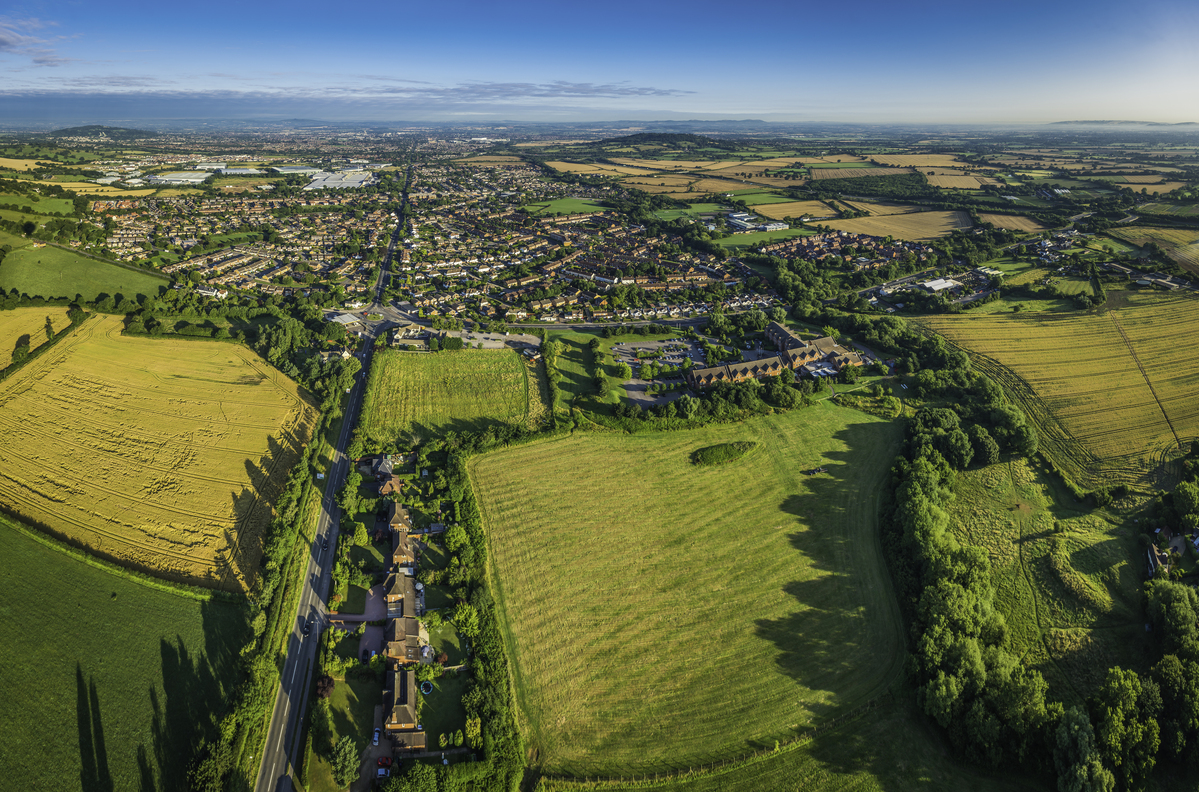What has changed?
The FADN has been converted to a FSDN under Regulation 2023/2674 amending Council Regulation (EC) No 1217/2009. This was published in the Official Journal in November 2023. The change to a FSDN will extend to scope of farm-level data collection to include data on environmental and social farming practises to improve sustainability in the sector.
Data will be collected on several topics spanning economic, including production, inputs and subsidies, environmental and social. A full list of the topics is shown below:
|
Economic |
Environmental |
Social |
|
General information on the holding |
Farming practices |
Labour |
|
Type of occupation |
Soil management |
Education |
|
Assets and investments |
Nutrient use and management |
Gender balance |
|
Quotas and other rights |
Carbon farming |
Working conditions |
|
Debts and credits |
Greenhouse gas emissions and removals |
Social inclusion |
|
Value added tax |
Air pollution |
Social security |
|
Inputs |
Water use and management |
Infrastructure and essential services |
|
Land use and crops |
Plant protection use |
Generation renewal |
|
Livestock production |
Antimicrobial use |
|
|
Animal products and services |
Animal welfare |
|
|
Market integration |
Biodiversity |
|
|
Quality products – geographical indications |
Organic farming |
|
|
Membership in producer organisations |
Certification schemes |
|
|
Risk management |
Energy consumption and energy production |
|
|
Innovation and digitalisation |
Food loss on primary production level |
|
|
Other gainful activities related to the holding |
Waste management |
|
|
Subsidies |
||
|
Indicative share of off-farm income |
How will the data be collected?
It will be up to Member States to collect the farm-level data. The Commission has recognised that the collection of data may prove the be problematic, therefore Member States are empowered to adopt national rules to address this. The participation of farmers in the FSDN will remain voluntary, and Member States should encourage participation by using incentives. These incentives could be financial contributions, feedback on farm performance, or advice based on FSDN information.
How will the data be stored, processed, reused and shared?
The Commission will adopt secondary legislation which will outline the rules on the storage, processing, reuse and sharing of data.
What about data protection?
The Commission has recognised the challenges around data protection. FSDN data and data from other datasets may be made public if they are both aggregated and anonymised. Data collected for FSDN can be used for benchmarking in the sector.
How will the data collection be funded?
The Commission has noted that collecting data for the FSDN will be costly for Member States. The European Agricultural Guarantee Fund (EAGF) will finance the establishment of information systems and an amount will be paid directly to Member States for delivery of the data. Financial contributions should take the form of lump sums to simplify financial management.
What are the next steps?
The Commission will introduce Implementing Acts which will include a list of variables to collect information on. These will likely be introduced later this year.
